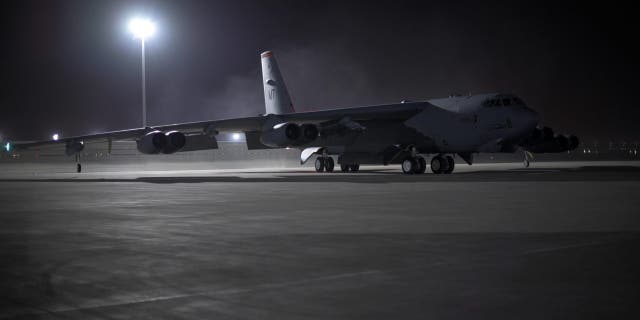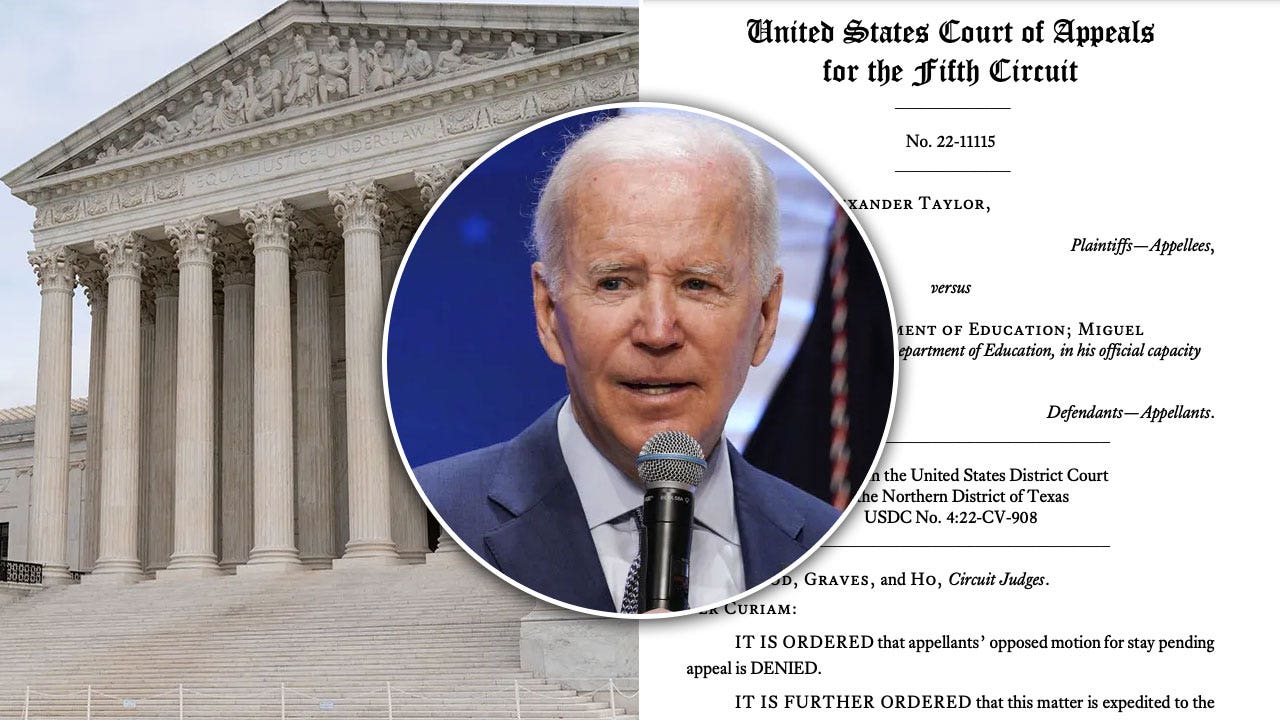Defense Secretary Lloyd Austin and the chairman of the Joint Chiefs of Staff Gen. Mark Milley said Thursday at the Pentagon they don’t have the answers “yet” when asked how they will prevent the Taliban from taking over Kabul after U.S. forces leave Afghanistan.
“We are hopeful that the Afghan security forces will play a major role in stopping the Taliban,” Austin said, but admitted, “This will be a challenge for them.”
It was the first time the two appeared together at a press conference since the inauguration and since President Joe Biden announced the remaining 3,200 U.S. troops would be withdrawing.
Milley said the Pentagon is still figuring out how to support Afghanistan without the U.S. military there on the ground.
“The intent is to keep an embassy open and to keep supporting the Afghan government, the Afghan security forces,” Milley said. “But no, we haven’t figured that out 100-percent yet.”
The withdrawal of U.S. troops began May 1. The U.S. closed a major base in volatile Helmand Province this week and the Taliban are already advancing.
After warning recently about “bad possible outcomes” after the U.S. military leaves, Milley revised his assessment about whether Kabul will automatically fall.
“It’s not a forgone conclusion,” he said. “The key is the Afghan Air Force.”
MCCONNELL PREDICTS TALIBAN COULD BE RUNNING AFGHANISTAN BY THE END OF THE YEAR
But as the U.S. forces withdraw, so do the 6,000 American contractors who keep the Afghan Air Force in the air. Few think the Afghans will be able to stop the Taliban without the support of those contractors.
To protect the U.S. troops coming out of Afghanistan, Defense Secretary Austin ordered the aircraft carrier USS Dwight D. Eisenhower to remain on station nearby to protect US forces, just in case the Taliban attack.

A B-52H Stratofortress aircraft assigned to the 5th Bomb Wing, Minot Air Force Base, North Dakota, arrives May 4, 2021, at Al Udeid Air Base, Qatar. Two additional bombers arrived May 4, joining the four B-52 aircraft that arrived in late April to protect the orderly and responsible withdrawal of U.S. and coalition forces from Afghanistan. (U.S. Air Force photo by Staff Sgt. Greg Erwin)
Austin also approved the deployment of six B-52 bombers and a squadron of Marine Corps F-18s to the Middle East.
The first Green Beret to serve in Congress calls the withdrawal a mistake and warns that losing the only U.S. bases near Iran and China will hurt the military’s ability to deter American foes.
“What’s the only country in the world where we have a base, an airbase that basically borders China? It’s Afghanistan, the western flank of China, southern flank of Russia, eastern flank of Iran,” said Rep. Mike Waltz, R-Fla., who served multiple tours in Afghanistan as a Special Forces officer. “We have it right now, and we’re just giving it away. It makes no sense.”
Waltz also pointed out the abundance of rare earth minerals needed to fuel the technology of the modern economy.
Afghanistan shares a 47-mile border with China.
“If we do have to go to some type of military confrontation over Taiwan, we need the ability to open a second front on China’s western flank,” Waltz added.
Writing in the Military Times, Waltz also said aiding China’s displaced minority Muslim Uighur population would get the attention of the Chinese Communist Party. “They fear American intelligence resources supporting their persecuted population from Afghanistan in resisting the oppression from Beijing.”
US PULLOUT FROM AFGHANISTAN COULD LEAVE 17,000 INTERPRETERS’ LIVES IN DANGER
Adding to the pressure of leaving bases behind in Afghanistan, keeping tabs on al Qaeda and ISIS without boots on the ground.
“We’re working on those plans right now,” Milley said.
Last month, the head of US forces in the Middle East acknowledged how hard it will be to launch airstrikes or assault forces without bases in Afghanistan.
“Those operations will be harder, but not impossible,” Gen. Kenneth McKenzie, commander of US Central Command told reporters at the Pentagon. “We will also ensure we have the resources needed to conduct that mission, should it become necessary to do so.”
Milley would not comment on a recent intelligence report that Al Qaeda’s top leaders are in Iran. When asked if the U.S. military is still hunting al-Qaeda leader Ayman al Zawahiri, he replied: “With respect to Zawahiri, if I knew where he was, he would be the first one to know.”
Later, Milley called it a “moral imperative” of the US government to take care of the Afghan interpreters who helped US troops but added, “I think it’s a bit early to really sound the alarm on getting everyone out just yet.”
CLICK HERE TO GET THE FOX NEWS APP
The State Department runs the special immigrant visa program.
Former Defense Secretary Robert Gates said he disagreed with Biden’s decision to pull all the remaining US troops out of Afghanistan saying he would leave a “small contingent” behind instead. Gates spoke Wednesday night on “Special Report with Bret Baier.”
Gates also said the US needed to do more to get interpreters out of the war-torn country.
“Frankly, I think the way we treated a lot of the interpreters that work in Afghanistan has been a disgrace.”
 Iktodaypk Latest international news, sport and comment
Iktodaypk Latest international news, sport and comment






